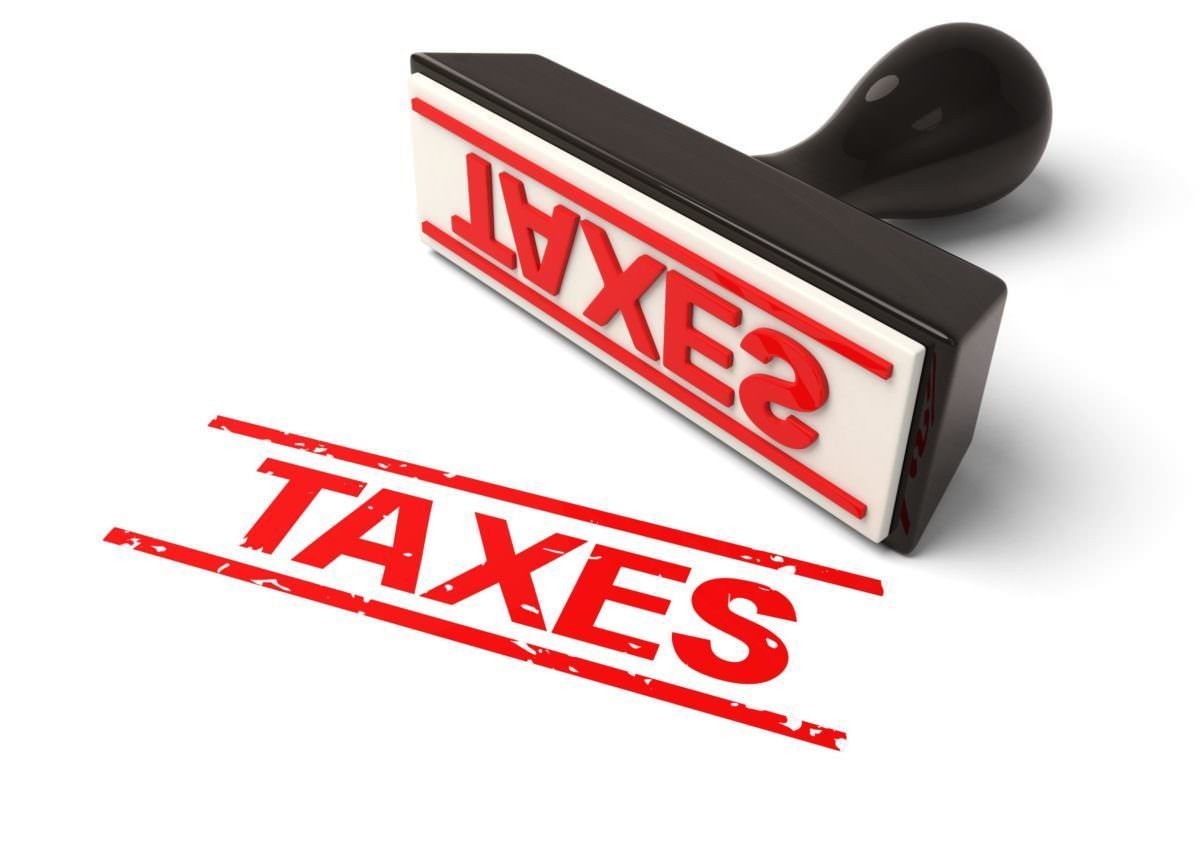The U.S. Supreme Court’s decision this week not to consider a Colorado Supreme Court ruling on a tax fine – coupled with dissenting opinions in a recent case involving a California medical marijuana company – could have significant ramifications for the cannabis industry, according to tax experts.
Left standing by the U.S. Supreme Court was a decision holding that a Colorado Department of Labor levy against Dami Hospitality was an excessive fine or penalty under the Eighth Amendment to the U.S. Constitution.
The decision shed new light on possible limitations and defenses against Internal Revenue Code (IRC) Section 280E under the Eight Amendment, according to Nick Richards, a Denver-based cannabis tax attorney with Greenspoon Marder.
The two rulings together appear to have somewhat weakened 280E, which potentially is good news for the cannabis industry. Here’s why:
- By not hearing the Colorado case, the U.S. Supreme Court decision could open the door to challenges to 280E. If such challenges are eventually successful, it would be a boon to the marijuana industry since that IRS provision states a business involved in the trafficking of a federally controlled substance, such as cannabis, cannot take tax deductions or credits even though it must pay taxes on income.
- The dissenting opinions in the California case further cast doubt about 280E, with one judge contending it is unconstitutional under the Eighth Amendment.
Details around the cases
In the Colorado case, the state’s labor department fined Dami, owner of the Star Motel in Denver, $425,000 for letting its workers’ compensation insurance coverage lapse for nearly 1,700 days through July 2014, according to The Colorado Sun.
In its appeal, Dami argued it didn’t have the money to pay the fine, which it also contended was in violation of the Eighth Amendment, the Sun reported. The Colorado Supreme Court ruled in Dami’s favor.
That ruling comes on the heels of a challenge last October in U.S. Tax Court by Northern California Small Business Assistants, a California medical marijuana firm, of an IRS ruling disallowing the company’s claim of $1.5 million in tax deductions for “ordinary and necessary” business expenses in the 2012 tax year.
While the company’s challenge ultimately was unsuccessful, of particular interest to the cannabis industry are the dissenting opinions – there were two – in the case, according to Greenspoon Marder’s Richards.
In his dissent – which two additional judges hearing the case signed onto – U.S. Tax Court Judge David Gustafson wrote that IRC Section 280E was an unconstitutionally excessive fine or penalty under the Eighth Amendment.
His dissent essentially stated that because Section 280E is unlimited and applies to all “deductions and credits” paid or incurred in the sale of cannabis, it could result in taxes in excess of “income,” which is in violation of the 16th Amendment.
And, because it could violate the 16th Amendment, Gustafson held it was an unconstitutionally excessive penalty under the Eighth Amendment.
As counsel on numerous state and federal cannabis tax matters, Richards wrote in an email to Marijuana Business Daily that many in the industry are saddled with millions of dollars in tax debt they have no ability to pay.
Diving deeper into 280E
A former IRS trial attorney, Richards added if the Internal Revenue Service had to consider a company’s ability to pay before assessing and collecting Section 280E liabilities, the result would be different.
Specifically, before making a penalty assessment, the IRS must obtain certain manager approvals and follow certain administrative processes, Richards said.
Finding that Section 280E is a penalty, he continued, could trigger requirements that, because they were not followed, could lead to a claim that previous IRS assessments are invalid.
If the statute of limitations on assessment (three years from filing) had expired on an invalid assessment, said Richards, the IRS would not be able to correct the mistake “absent fraud or a substantial understatement by the taxpayer.”
These recent decisions could also help reduce Section 280E tax debt that was assessed correctly and is due, Richards said.
Generally, most tax liabilities are subject to “offers in compromise,” wherein taxpayers offer to pay a fraction of the total based upon their ability to pay, he added.
In the cannabis industry, however, the IRS does not reverse the Section 280E “phantom income” in determining eligibility for an offer, thus rendering ability to pay meaningless, Richards said.
If Section 280E was found to be a penalty, the IRS would have to consider a taxpayer’s actual ability to pay, and offers would be viable.
Because many taxpayers were assessed Section 280E income taxes far in excess of their income and net worth, according to Richards, a requirement to consider the true ability to pay for cannabis industry taxpayers could provide huge relief.
As such, many cannabis taxpayers and advisers, he said, are reviewing their tax liabilities and considering protective claims for refund to protect their past tax years.
Should Section 280E be found unconstitutional, a protective claim “could protect a taxpayer’s right to a refund after the three-year period to claim a refund expires,” Dean Guske, managing director of Guske & Co. accounting firm in Bellevue, Washington, wrote in an email to MJBizDaily.
Guske noted that since the California tax court decision he has been discussing protective claims for refund with his clients and is seriously considering them. The Colorado decision may provide further reason to file such claims, Richards said.
(Editor’s note: Nick J. Richards will be writing stories about the key points and challenges created by federal and state taxes affecting the cannabis industry as part of Marijuana Business Daily’s new Other Voices series. Richards is a partner at Greenspoon Marder, a national law firm serving the cannabis industry that has marijuana tax clients throughout North America. He has been a tax attorney for more than 20 years and is an adjunct professor of law at the University of Denver.)
Howard Burns can be reached at howardb@mjbizdaily.com







